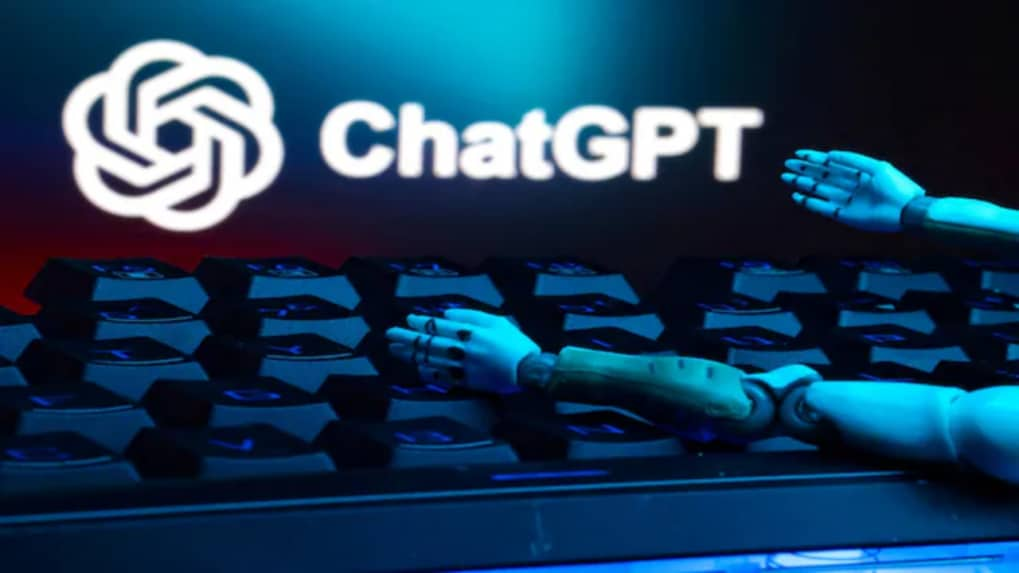Munich Court rules ChatGPT infringed copyright by reproducing song lyrics
OpenAI was ordered to pay €4,620.70 in damages, cease and desist from further infringement, and provide GEMA with disclosure on the scale of the unauthorised use.
ADVERTISEMENT
The Munich Regional Court I has ruled that ChatGPT infringed copyright by allowing its large language models to memorise protected song lyrics during training and later reproduce them in user-generated outputs. The decision, delivered by the 42nd Civil Chamber under Judge Elke Schwager, came in a case brought by German music rights organisation GEMA against two OpenAI entities based in Ireland and the United States, as per a report by Bar and Bench.
The lawsuit centred on nine German song lyrics for which GEMA holds exclusive rights, including works by Herbert Grönemeyer, Kristina Bach and Rolf Zuckowski. GEMA argued that infringement occurred in two ways: first, through the reproduction of the lyrics during the training phase, resulting in their retention within the model; and second, through the subsequent public communication of these lyrics when ChatGPT outputted them in response to basic prompts such as requests for the length of specific songs.
The defendants stated that the models do not store data verbatim but instead learn statistical patterns, meaning that no fixed copy existed for copyright purposes. They also maintained that training was covered under the Text and Data Mining (TDM) exception and further said that responsibility for any infringing output lay with the user who entered the prompt rather than the platform operator.
The court disagreed, finding that the ability of the models to reproduce lyrics almost verbatim, demonstrated by GEMA through simple prompts, showed that the works were indeed contained within the model in a reproducible manner. It held that the memorisation of lyrics within LLM parameters constitutes unauthorised reproduction, regardless of the fact that the works are stored as numerical values. The judges concluded that the TDM exception does not extend to long-term memorisation or the reproduction of whole or substantial parts of a work.
On the question of public communication, the court determined that generating lyrics in ChatGPT’s outputs amounted to making the works publicly available without permission. It held OpenAI directly liable, stating that simple user prompts did not shift liability onto the end user.
OpenAI was ordered to pay €4,620.70 in damages, cease and desist from further infringement, and provide GEMA with disclosure on the scale of the unauthorised use. The court said the defendants had acted with at least negligence, noting that they had been aware of memorisation risks since 2021. It therefore rejected requests for a six-month grace period and dismissed claims that the ruling was disproportionate.
However, the court rejected GEMA’s additional claim concerning alleged breaches of personal rights related to the attribution of altered lyrics.


